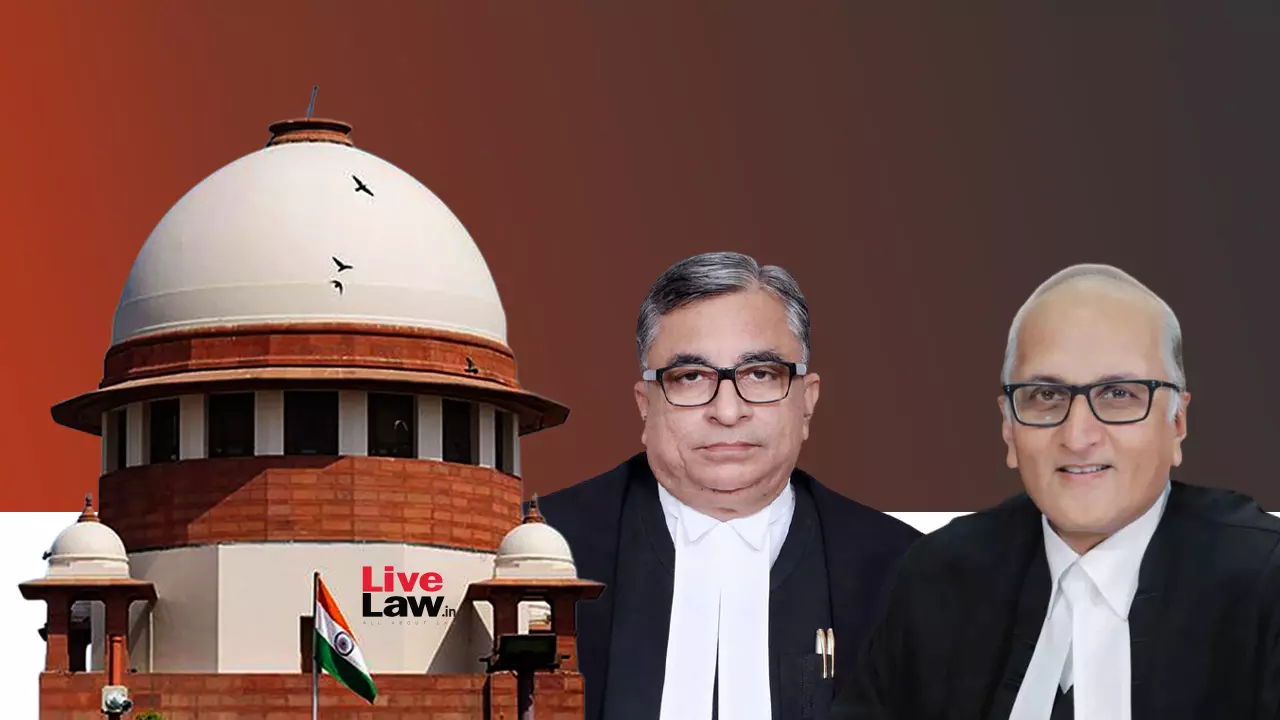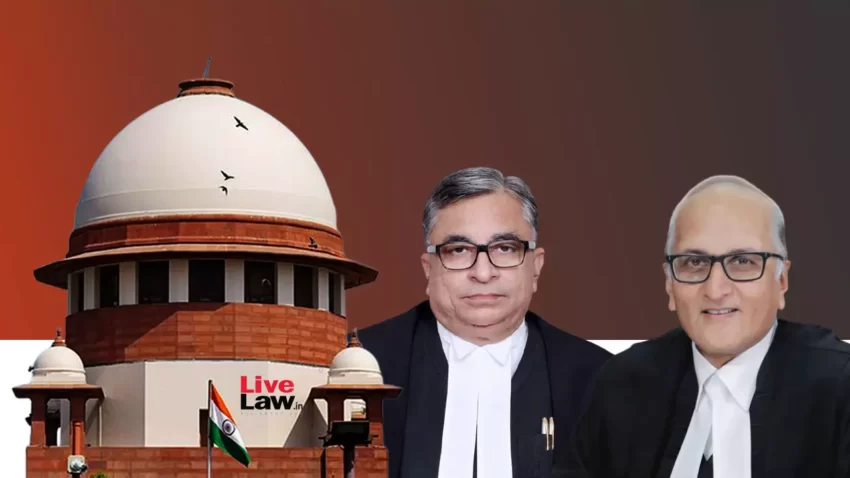The Supreme Court observed that unexplained inordinate delay can be considered as a ‘very crucial factor’ for quashing a criminal complaint.

The law, is meant to exist as a shield to protect the innocent, rather than it being used as a sword to threaten them,, the bench of Justices Krishna Murari and S. Ravindra Bhat observed.
In this case, in the year 2013, a Drug Inspector inspected the premises of the accused and alleged contravention of S.18(c) of the Drugs and Cosmetics Act 1940 read with Rule 65(5)(1)(b) of the Drugs and Cosmetics Rules 1945. The complaint against them was however filed in the year 2016, four years later. The accused approached the Madras High Court and sought for quashing of the complaint. As the High Court dismissed their petition, they approached the Apex Court.
The Apex Court bench noted that the complainant has provided no explanation for the extraordinary delay of more than four years between the initial site inspection, the show cause notice, and the complaint. The court said:
“There has been a gap of more than four years between the initial investigation and the filing of the complaint, and even after lapse of substantial amount of time, no evidence has been provided to sustain the claims in the complaint..In fact, the absence of such an explanation only prompts the Court to infer some sinister motive behind initiating the criminal proceedings.. While inordinate delay in itself may not be ground for quashing of a criminal complaint, in such cases, unexplained inordinate delay of such length must be taken into consideration as a very crucial factor as grounds for quashing a criminal complaint..
The court, while allowing the appeal, made the following observations:
Law must not be used as a tool to harass the accused
“The purpose of filing a complaint and initiating criminal proceedings must exist solely to meet the ends of justice, and the law must not be used as a tool to harass the accused. The law, is meant to exist as a shield to protect the innocent, rather than it being used as a sword to threaten them.”
Duty of the High Court to look into each and every case with great detail to prevent miscarriage of justice
“While it is true that the quashing of a criminal complaint must be done only in the rarest of rare cases, it is still the duty of the High Court to look into each and every case with great detail to prevent miscarriage of justice. The law is a sacrosanct entity that exists to serve the ends of justice, and the courts, as protectors of the law and servants of the law, must always ensure that frivolous cases do not pervert the sacrosanct nature of the law.”



